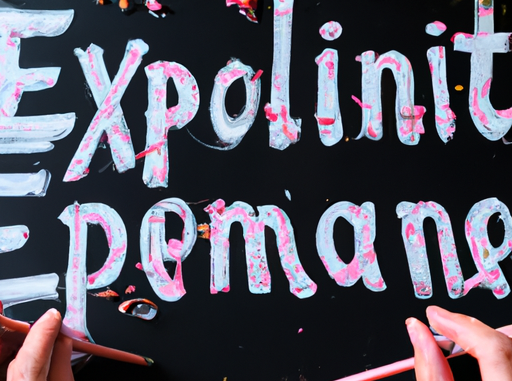
Experiential learning is a transformative educational approach that focuses on learning through direct experience. It is grounded in the idea that the most effective learning occurs when individuals are actively engaged in a process that encompasses concrete experience, reflective observation, abstract conceptualization, and active experimentation. This model, widely popularized by educational theorist David Kolb, emphasizes the importance of personal involvement and reflection, allowing learners to draw conclusions and apply what they have learned to new situations.
At the core of experiential learning is the cycle, which begins with a concrete experience wherein the learner is exposed to a new situation or task. This is followed by reflective observation, where the learner examines and reflects upon the experience, considering what was successful and what could be improved. Abstract conceptualization involves the integration of observations into theories and concepts, allowing learners to form generalizations. Finally, during active experimentation, learners apply these concepts to new situations, testing their understanding and refining their knowledge.
Experiential learning is particularly effective in developing critical thinking, problem-solving, and decision-making skills. It is widely applied in various fields such as business, education, healthcare, and the arts, as it encourages learners to actively engage with the learning material and connect it to real-world applications. This approach not only enhances retention and understanding but also fosters a deeper appreciation for the subject matter, as students become active participants in their educational journey, making learning more meaningful and relevant.
PhDr. Pavel Bartoš, LL.M., DBA (Evropská akademie vzdělávání / European Academy of education)
Leave a Reply